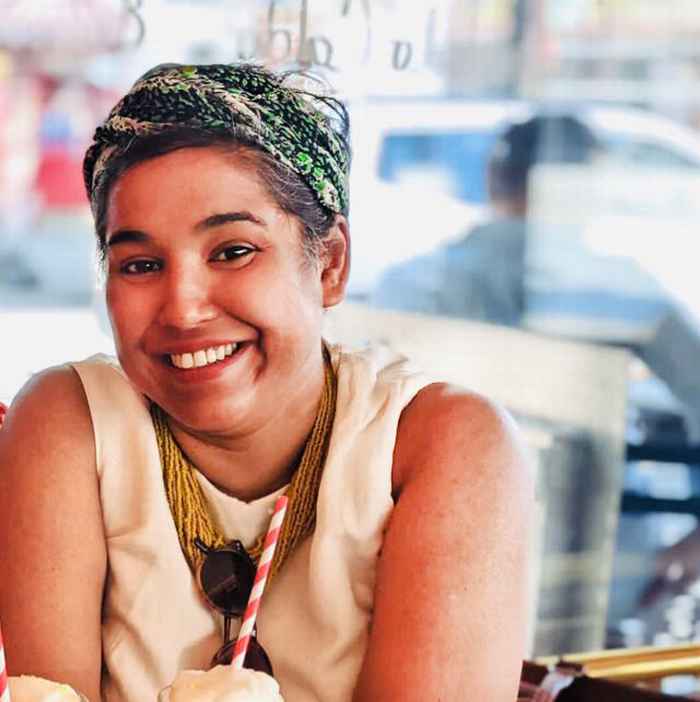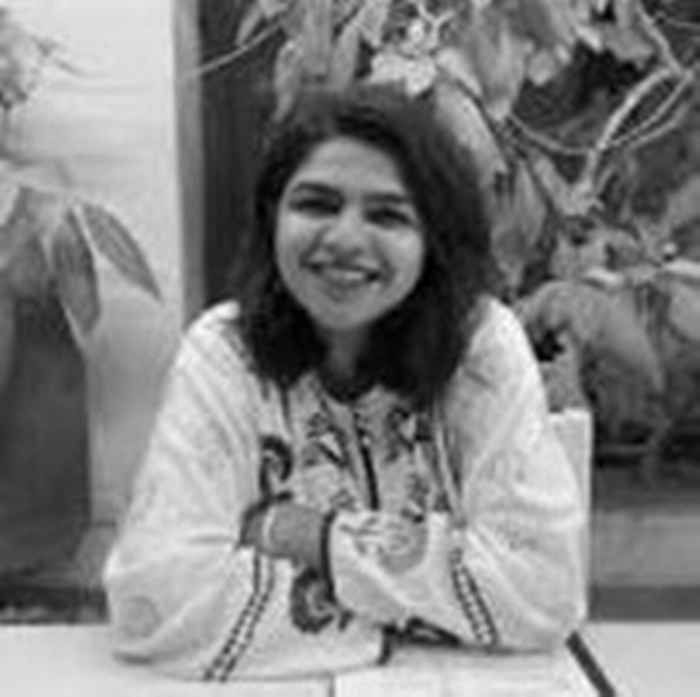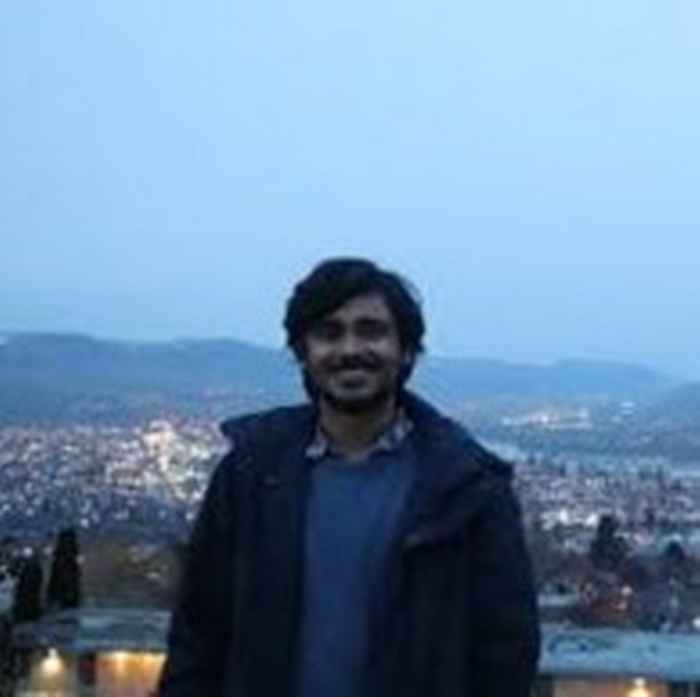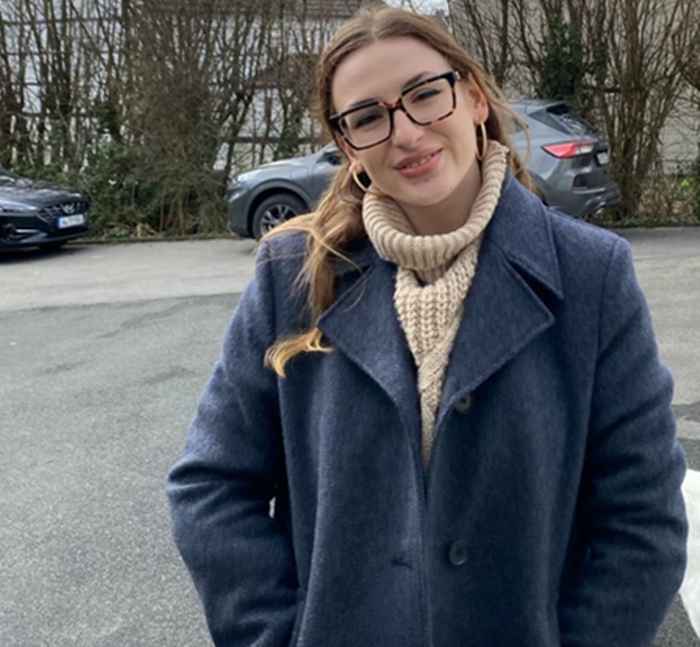Entangled Freedoms: Decolonial Modernisms as Transnational Relations of Resistance, 1940s-1980s
ERC Consolidator Grant 2023–2028 | How have artists and thinkers in the decolonising 20th-century worlds of Asia, Africa, and the Middle East imagined freedom, especially in relation to its contesting meanings during the Cold War? In her research, Sunderason removes the concept of freedom from the hegemonic contradictions of 'First World' versus 'Second World' values, and instead examines freedom through (artistic) interventions and representations of independence, liberation, and emancipation in the 'Third World'. Sunderason proposes turning 'decolonial modernisms' – modernist art that emerged uniquely within 20th-century decolonisation – into critical historical archives. With her project team, Sunderason will connect diverse histories and multilingual archives to develop new methodologies for theorising decolonisation through dialogue and solidarity as well as through the differences and contradictions that shape the Global South.

Project Team
ERC Consolidator Dr Sanjukta Sunderason
Sanjukta Sunderason is a historian of 20th-century aesthetics, working on the interfaces of visual art, (left-wing/socialist) political thought, and historical transition during 20th-century decolonization in South Asia and across transnational formations in the Global South.
She studied History in my BA (Presidency College, Kolkata, India), MA and MPhil (both at the Centre for Historical Studies, Jawaharlal Nehru University, New Delhi, India), before doing her PhD in Art History (Department of History of Art, University College University London, United Kingdom).

Doctoral Researcher Sabahat Zehra
Sabahat Zehra is a Researcher and Educator with a demonstrated history of working in the higher education industry. She holds an MA in History of Art from the University of Toronto, and a BSc in Social Sciences and Liberal Arts from the Institute of Business Administration, Karachi. Her interdisciplinary research interests include Urban Studies, Gender, Sexuality, & Queer theory, Art History, Visual Culture, Postcolonial Studies, Psychoanalytical Theory, and Communal Pedagogies.
She contributes to Entangled Freedoms with a focus on de-centering the Archive in history writing and discursive analysis.

Doctoral Researcher Mir Rifat us Saleheen
Mir Rifat us Saleheen holds a Bachelor’s degree in Media Studies and Journalism from the University of Liberal Arts Bangladesh and a Master’s degree in Interdisciplinary Studies (specializing in political history) from the University of British Columbia, Canada under the theme 'Power, Conflict and Ideas'. His research focuses on the role of radical media, political mobilization, and transnational solidarity movements. He contributes to Entangled Freedoms alongside his doctoral research on decolonial networks in South Asia.

Student Assistant Lilli Thöne
Lilli Thöne is a Media and Culture student at the University of Amsterdam and supports the Entangled Freedoms ERC project as a student assistant. Her academic interests lie in film culture, decolonial thought and transnational art and activism. She contibues to various aspects of the project’s development, combining research support with creative and organisational tasks.